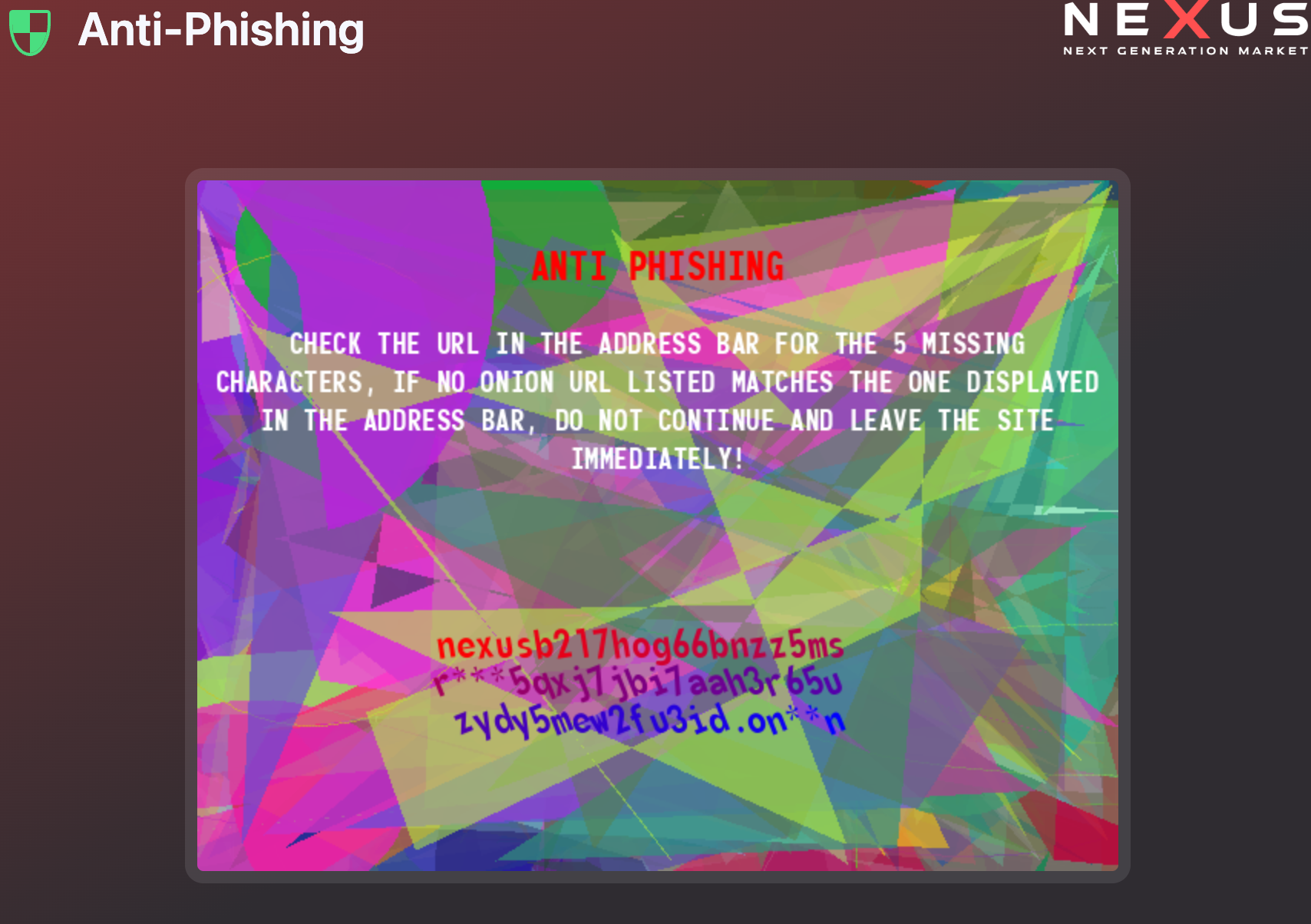Within those shadowy corners of the internet, there exists a realm that operates beyond conventional law enforcement and societal norms. Such a hidden space, termed as the dark web, has gained notoriety for its illicit activities and unregulated markets. Although it is frequently associated with cybercrime and nefarious dealings, the dark web offers a surprising variety of goods and services that range far above the typical stereotypes. Spanning everyday items like electronics and fashion to even controversial offerings, the marketplaces found on this darknet unveil the complexities of human desire and commerce.
While we delve deeper into this underground world, we will discover the unique items that are available for sale, including a few unexpected surprises. Avocados and organic produce have made their way onto these platforms, showcasing a bizarre juxtaposition against more sinister products. The dark web is more than a haven for illegal goods; it is a fascinating segment of the internet that mirrors the diverse and occasionally unsettling nature of human trade. In exploring these markets, we seek to understand what motivates individuals to participate in this hidden economy, shedding light on a part of the internet that remains largely misunderstood.
Understanding the Dark Web
The deep web refers to a segment of the internet that necessitates designated software to access, enabling users to preserve confidentiality and disguise. In contrast to the clearnet, which is cataloged by traditional search engines, the dark web is obscured and often associated with forbidden activities. Users access it through designated browsers such as Tor, which hides their IP addresses and protects their connections, rendering it difficult to trace users and their activities.
The dark web offers a broad range of markets where various products and services can be acquired and traded. These range from permissible items, like digital art and software, to forbidden products such as controlled substances and weapons. The secrecy provided by the deep web has generated an environment where users feel free to conduct transactions without the anxiety of repercussions, leading to the proliferation of various marketplaces that accommodate diverse demands.
Wandering through the deep web creates risks for both consumers and merchants. Many deals are executed using cryptocurrencies, which introduce a layer of anonymity but also hinder law enforcement efforts. Furthermore, not all marketplaces are reliable; scams and cons are prevalent. Users must maintain vigilance and perform thorough checks when dealing with vendors, as the absence of oversight makes it straightforward for unscrupulous individuals to take advantage of unsuspecting users.
Items for Sale: A Broad Spectrum
The deep web is notorious for its varied and sometimes astonishing marketplace. From illicit drugs to forged currency, the variety of items for sale reveals the concealed and often unregulated nature of these platforms. Users can find recreational drugs, medicinal medications, and even unique substances that are hard to obtain through conventional means. This lawless environment attracts those willing to take risks for the benefit of their wants or needs.

In addition to drugs, the dark web offers a multitude of unlawful services. These can range from cybercrime services, which include everything from data breaches to targeted attacks, to private information for sale, such as billing details and social security numbers. Users can even contract hitmen or seek assistance in financial crimes. The disguise of the darknet allows for these transactions to occur with minimal risk to the seller, further driving the growth of these illicit services.
Finally, virtual goods and tools also have a significant presence in dark web marketplaces. This includes software for hacking, educational guides for committing cybercrimes, and even entry to stolen databases. Additionally, there are marketplaces dedicated to the distribution of fake identities, which can help individuals manage legal hurdles for illicit purposes. The sheer variety of available items demonstrates the dark web's role as an clandestine economy, serving to a broad spectrum of pursuits and illegal needs.
Risks and Legal Implications
Involvement with darkweb markets involves significant threats that users should consider prior to navigating this murky online environment. One of the key dangers is the potential for encountering fraud. Many offerings on darkweb sites may advertise items that are nonexistent or are of substandard quality. Users can easily fall victim to fraudulent sellers, losing both their money and the products they sought. Furthermore, illegal transactions open the gateway to market uncertainty, where the chance of losing capital can escalate rapidly.

Legal repercussions present another important consideration for individuals exploring the darknet. Law enforcement agencies monitor these platforms, and engaging in illegal activities, such as buying illegal drugs or weapons, can lead to severe legal consequences. Users who believe they are anonymous may inadvertently expose their personal information through multiple means, including inadequate cyber hygiene or the use of unsecure payment methods. The threat of detainment or legal action looms significantly, making the attraction of the darkweb a dangerous gamble.
Additionally, beyond the legal concerns, there are ethical considerations associated with using darkweb markets. Involvement in the purchasing and trading of illegal goods not only endangers one's own security but also contributes to a broader ecosystem of crime. Individuals must reflect on the potential harm their actions may cause, including creating addiction, aiding criminal enterprises, or even facilitating violence. Interacting with the darknet can thus provoke moral dilemmas that extend far beyond the initial deal. dark market link
